Power outage
What to do during a power outage?
Our number one focus during a power outage is safety and restoration of power to our Sumo energy customers. We’ve put together a short guide to plan for and respond to loss of power in your home or neighbourhood.
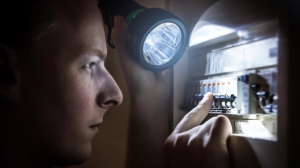
Emergency:
Firstly, if there is any emergency or extreme risk as a result of a power outage, don’t hesitate to call 000 to access emergency services immediately.
If you are experiencing power loss as a result of structural issues with your local poles or wires, your local distributor, rather than energy provider, will be the appropriate point of contact. If you’re not sure who to call, you can check the distributor list here.
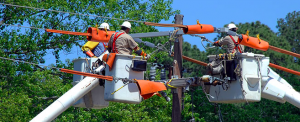
General safety precautions:
Power outages can result in both power surges and malfunctioning appliances, it’s important to unplug everything at the wall so expensive technology is not damaged.
Food safety is important if power is out for more than a few hours. If possible, move perishables to the freezer section and only open it when absolutely necessary. Freezers should keep food at a safe temperature for 24 to 48 hours, while unplugged fridges only have roughly 4 hours of retained temperature. Using a generator or camp stove to cook food is a great alternative to cook food, but be sure these are only used outside away from the home.
It is important to check on neighbours with mobility restrictions or a disability to see if they require assistance.
NBN connected equipment won’t operate during a power outage. Different types of NBN connects are affected differently by power loss, so it’s important to determine which type of connection you have at home or in the office. Check the various ways NBN is affected here.
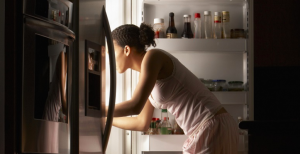
Determining the cause of the power outage:
You may want to investigate why you have lost power in the first place. Check in with your neighbours to see if their homes have lost power. If they are unaffected, your first point of call is to check your meter box. If the safety switch has flipped then the power may have simply tripped. In this case, you will probably be able to restore normal power by switching it back on and perhaps unplugging a few appliances if you have several running at the same time. If you don’t feel comfortable doing this then you can call an electrician for support.
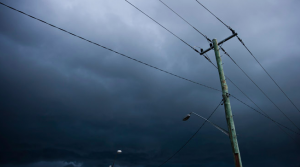
If your safety switch has not flipped, there may be a power outage in your area. Call your distributor and they will be able to tell you where power is out and their estimate for when it will be restored. Alternatively you can generally review this information on your distributors website, or sign up for real time alerts to receive text messages for distributors planned and unplanned outages.
Power outages in a street or neighborhood can occur for numerous reasons including fallen trees or branches, road or ground work, animal interference, or inclement weather. Make sure you never approach fallen or damaged power lines as there is high risk for electrocution or fire.
After a power outage:
When power is restored, it may be tempting to go back to your daily business as usual. In most cases, you should be safe to plug everything back in. When it comes to refrigerated food and medication however, it’s important to be on the cautious side. If refrigerated medications were not kept cool for a long period of time, it may be safer to throw them out or contact the manufacturer. To stay on the safe side, get rid of thawing or perishable food and start fresh.

How to plan for future loss of power:
Here are some easy things you can prepare now to plan ahead:
- Torches with fresh batteries, candles, matches, and lighters.
- Subscribe to local alert systems or download emergency apps.
- Battery pack to charge your mobile phone.
- Battery powered radio for weather updates.
- Non-perishable food items like dried and canned foods.
- Alternative cooking appliances such as a camp stove that you can use outdoors if weather permits.
- Arrange alternative refrigeration for medications or power for medical appliances.
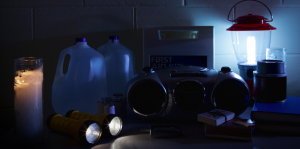
Power outages are usually short lived, but with proper preparation, there are a few simple things that will get you through. If you’re still unsure about what you should do in a particular situation, check out the government power outage website and fact sheet and set up your power outage kit ahead of time. Feel free to contact Sumo on 13 88 60 to talk to one of our expert customer service consultants.